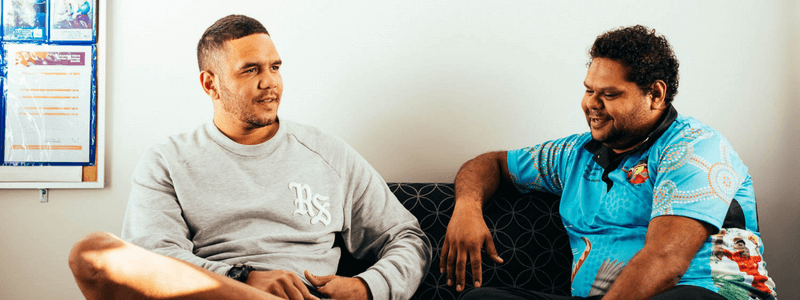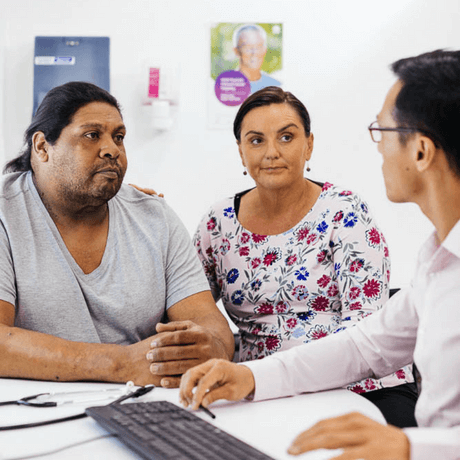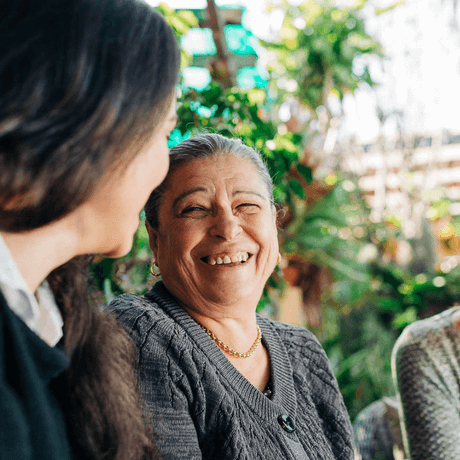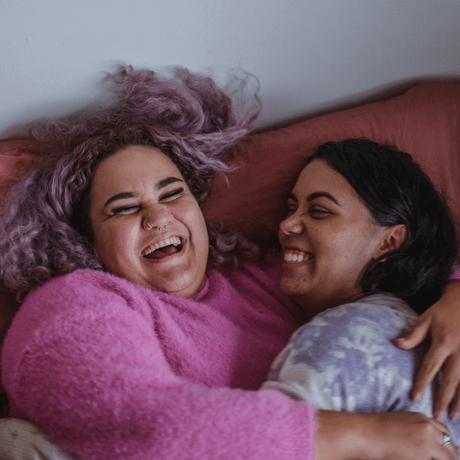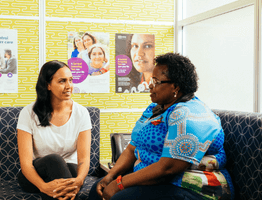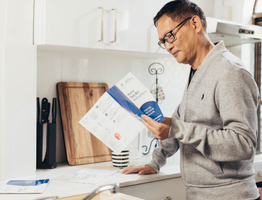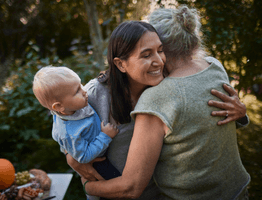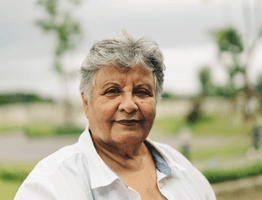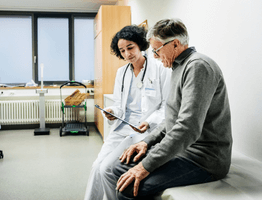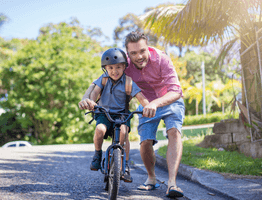When it comes to creating a healthier and brighter future without cancer, together all our actions matter.
The theme of this year's World Cancer Day is 'Close the Care Gap'. It's a reminder that cancer doesn’t impact everyone equally.
Unfortunately, there are some people and communities who face worse cancer outcomes in NSW. These can include Aboriginal, multicultural, LGBTQ, and regional, rural and remote communities.
This World Cancer Day and beyond, the Cancer Institute NSW is focused on addressing this, as well as helping individuals play their part and find help information, resources and services.
Find out more about World Cancer Day 2023 >
Improving cancer outcomes for Aboriginal people is our priority
Aboriginal people are more likely to be diagnosed with cancer, are likely to be younger when they are diagnosed and are more likely to die of cancer than non-Aboriginal people.
The NSW Cancer Plan—our state-wide approach to cancer control with the aim of lessening the burden of cancer in NSW—recognises Aboriginal communities as a priority.
The reason for inequities in cancer outcomes for Aboriginal people are multiple and complex. Access to culturally safe and responsive cancer control and care is key to improving cancer outcomes for Aboriginal people.
Learn more about how we're working together to lessen the impact of cancer on Aboriginal people in our state.
- Cancer in Aboriginal people in NSW - The NSW Cancer Plan.
- Guide: How to increase cervical screening in your local area – a new resource to support health professionals to successfully deliver and/or promote cervical screening to Aboriginal women in their local area.
Achieving better equity of access and outcomes for people with cancer
Cancer contributes the largest burden of disease in Australia. In NSW, there remains variation in access to a range of cancer services and a disproportionate gap in cancer outcomes.
Closing the gap in cancer outcomes for all people key priority of the NSW Cancer Plan and the work we do at the Cancer Institute NSW.
We're encouraging everyone to make sure they are getting the right information, and we're working to make it open and accessible to more people. This includes online information available now:
- What is cancer screening? resources available in 24 languages
- Support for people with cancer – available in 9 languages
Making healthy actions accessible for everyone
There are resources such as cancer screening programs that can help find cancer early, or even prevent it.
Screening programs offer free tests that detect cancers in the early stages. They are available for:
It's important for everyone to take part, but we know some communities can face barriers to participation. This can include people from multicultural and refugee communities, LGBTQI+ people and people with a mental health condition.
We're committed to increasing cancer screening in key communities.
- Can We is a new campaign and online resource from ACON to encourage and support LGBTQ communities in NSW
How we're coming together for World Cancer Day 2023
This year, the Cancer Institute NSW came together to discuss the World Cancer DAy theme #ClosetheCareGap – highlighting that cancer doesn’t impact everyone equally.
Professor Tracey O’Brien, Chief Cancer Officer of the Cancer Institute NSW, was joined today by an expert panel to discuss the work happening at NSW Health, and to talk about some of the biggest challenges and opportunities we face.
Our panel included:
- Susan Pearce AM – Secretary, NSW Health.
- Lisa Woodland – Director, NSW Multicultural Health Communication Service and Health Equity, Promotion and Prevention Service at South Eastern Sydney LHD.
- Susan Anderson, Principal Advisor, Centre for Aboriginal Health.
- Padmini Peris – Senior Medical Scientist, Siemens and Advocate.
When it comes to creating a healthier and brighter future without cancer, together all our actions matter.
The theme of this year's World Cancer Day is 'Close the Care Gap'. It's a reminder that cancer doesn’t impact everyone equally.
Unfortunately, there are some people and communities who face worse cancer outcomes in NSW. These can include Aboriginal, multicultural, LGBTQ, and regional, rural and remote communities.
This World Cancer Day and beyond, the Cancer Institute NSW is focused on addressing this, as well as helping individuals play their part and find help information, resources and services.
Find out more about World Cancer Day 2023 >
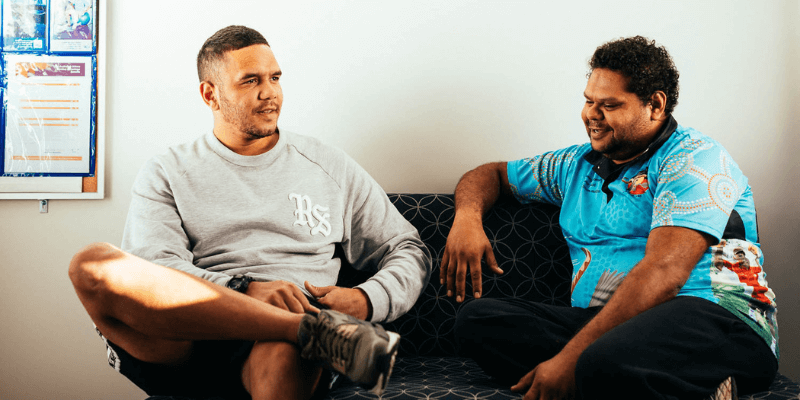
Improving cancer outcomes for Aboriginal people is our priority
Aboriginal people are more likely to be diagnosed with cancer, are likely to be younger when they are diagnosed and are more likely to die of cancer than non-Aboriginal people.
The NSW Cancer Plan—our state-wide approach to cancer control with the aim of lessening the burden of cancer in NSW—recognises Aboriginal communities as a priority.
The reason for inequities in cancer outcomes for Aboriginal people are multiple and complex. Access to culturally safe and responsive cancer control and care is key to improving cancer outcomes for Aboriginal people.
Learn more about how we're working together to lessen the impact of cancer on Aboriginal people in our state.
- Cancer in Aboriginal people in NSW - The NSW Cancer Plan.
- Guide: How to increase cervical screening in your local area – a new resource to support health professionals to successfully deliver and/or promote cervical screening to Aboriginal women in their local area.
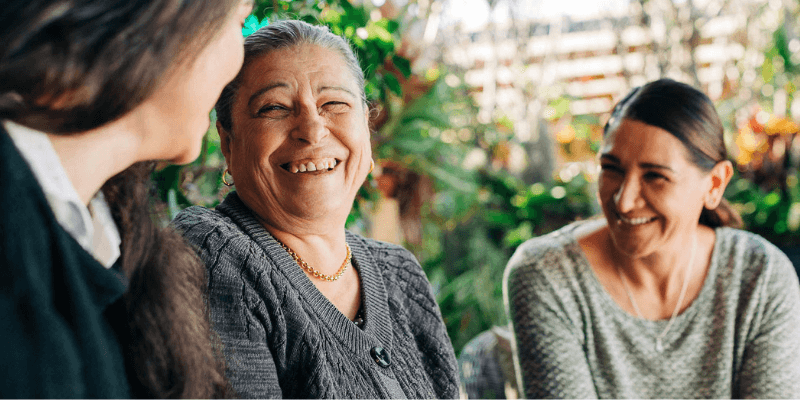
Making healthy actions accessible for everyone
There are resources such as cancer screening programs that can help find cancer early, or even prevent it.
Screening programs offer free tests that detect cancers in the early stages. They are available for:
It's important for everyone to take part, but we know some communities can face barriers to participation. This can include people from multicultural and refugee communities, LGBTQI+ people and people with a mental health condition.
We're committed to increasing cancer screening in key communities.
- Can We is a new campaign and online resource from ACON to encourage and support LGBTQ communities in NSW
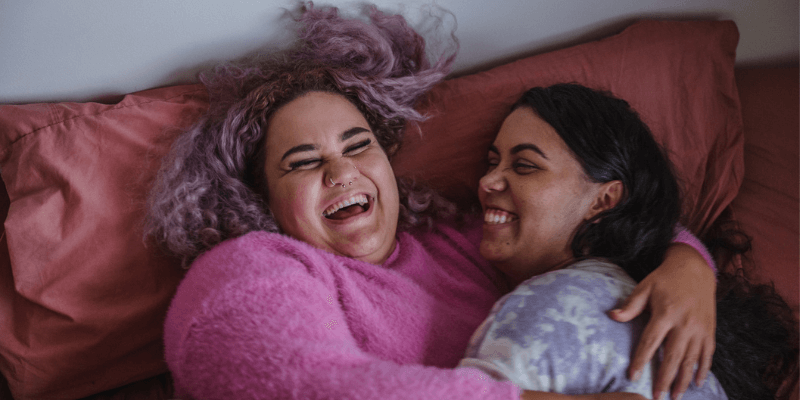
How we're coming together for World Cancer Day 2023
This year, the Cancer Institute NSW came together to discuss the World Cancer DAy theme #ClosetheCareGap – highlighting that cancer doesn’t impact everyone equally.
Professor Tracey O’Brien, Chief Cancer Officer of the Cancer Institute NSW, was joined today by an expert panel to discuss the work happening at NSW Health, and to talk about some of the biggest challenges and opportunities we face.
Our panel included:
- Susan Pearce AM – Secretary, NSW Health.
- Lisa Woodland – Director, NSW Multicultural Health Communication Service and Health Equity, Promotion and Prevention Service at South Eastern Sydney LHD.
- Susan Anderson, Principal Advisor, Centre for Aboriginal Health.
- Padmini Peris – Senior Medical Scientist, Siemens and Advocate.
- NSW Cancer Plan:
- G1
